Trump again slams 'tremendous' Indian tariffs, labels US-India trade 'one-sided'
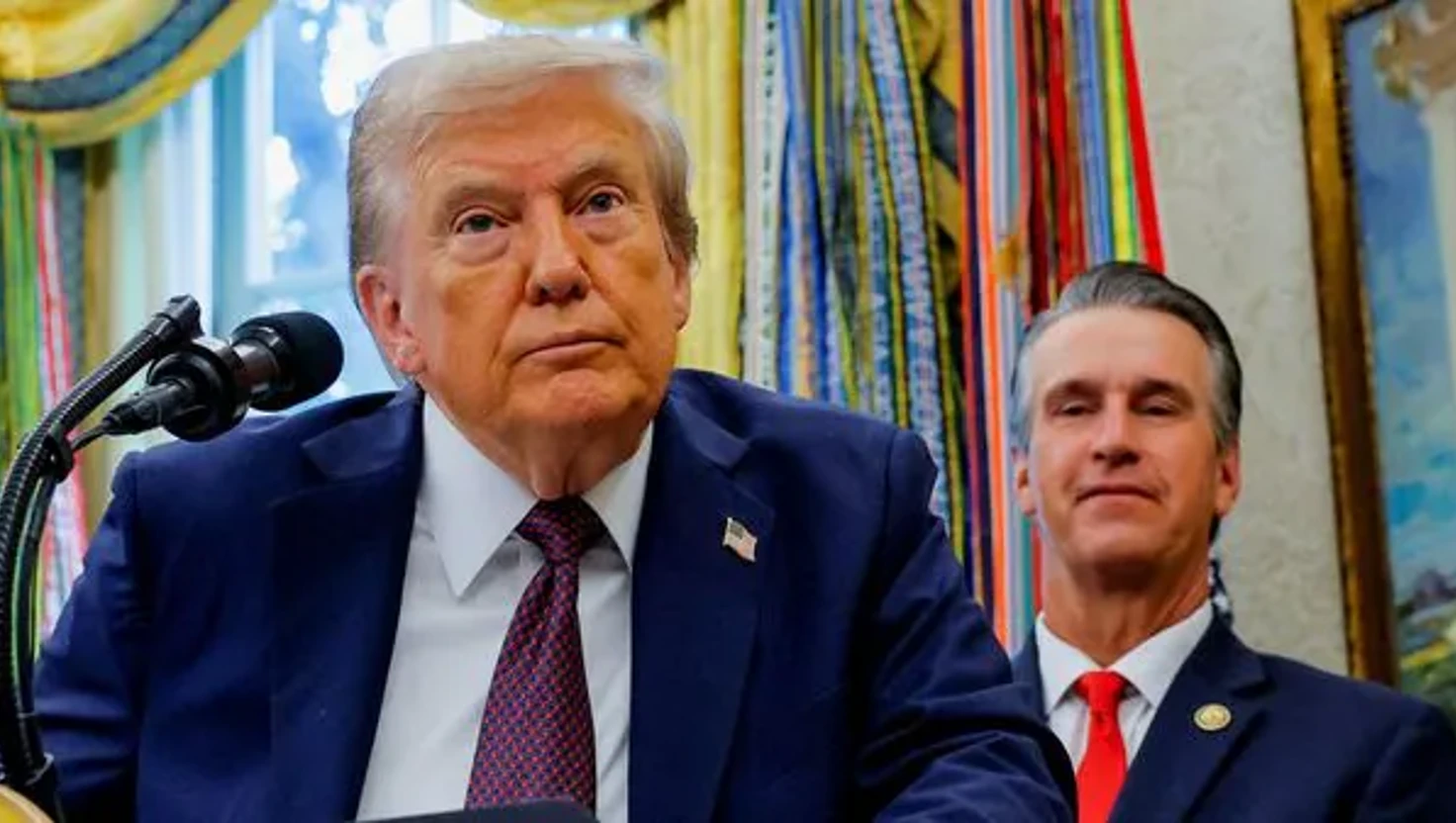
Trump again slams 'tremendous' Indian tariffs, labels US-India trade 'one-sided'
US President Donald Trump claims India's tariffs on American goods create a one-sided trade relationship, citing Harley-Davidson as an example.
United States President Donald Trump has described the trade relationship between the US and India as "one-sided," attributing this imbalance to India's high tariffs on American products. Speaking at the White House on September 2, Trump acknowledged a generally positive relationship with India but emphasised that the trade terms have historically favoured India.
Trump stated, "No, we get along with India very well," but he quickly highlighted the need for a more equitable trading environment. He characterised India's tariffs as some of the highest in the world, resulting in diminished American business opportunities.
High Tariffs on US Products
The President claimed that India imposes substantial tariffs—specifically referencing a staggering 200% tariff on motorcycles imported from the US. He used Harley-Davidson as a notable example, explaining that the hefty duties compelled the American motorcycle manufacturer to establish a production facility in India. "So what happens? Harley Davidson went to India and built a motorcycle plant, and now they don’t have to pay tariffs, same thing as us," Trump elaborated.
This assertion underscores his administration's broader intention to redress perceived trade imbalances by implementing changes to tariffs and trade policies that favour American businesses.
Increased Tariffs on Indian Imports
In a move that has drawn significant criticism from New Delhi, the US has escalated tariffs on Indian imports to levels as high as 50%. These tariffs, announced by Trump, consist of a 25% reciprocal levy along with an additional 25% duty on India’s purchases of Russian oil. This latest policy shift forms part of Trump's strategy to exert pressure on global trading practices, particularly in light of ongoing geopolitical tensions.
The freshly instituted tariffs are anticipated to severely impact various sectors in India, including textiles, gems and jewellery, seafood, chemicals, steel, aluminium, and copper. According to research conducted by the State Bank of India, approximately $45 billion worth of exports are likely to be affected. The US serves as a primary export destination for Indian textiles and represents nearly one-third of the country's total gems and jewellery shipments.
India's Stance on Tariffs
In response to the new tariffs, Indian officials have vehemently rejected the measures, labelling them as unjust and unreasonable. Indian Prime Minister Narendra Modi has reassured the nation's farmers and small industries that their interests will not be compromised amid growing pressure from the US.
Commerce and Industry Minister Piyush Goyal articulated this sentiment, stating, "If somebody wants to have a good free trade agreement, we will always be ready. But if somebody discriminates, we will never bow down, nor will we ever be weak."
Despite the recent tariff tumult, India is optimistic about concluding a proposed Bilateral Trade Agreement (BTA) with the United States by November. Trade discussions have recently been sidelined since the imposition of tariff hikes, but Goyal remains hopeful, citing an expectation that negotiations will soon resume their previous momentum.
Continued Negotiations on Trade Agreement
The ongoing discussions regarding the BTA began in March and have included five rounds of talks; however, the sixth round scheduled for August 25 was postponed. Central to the negotiations is the US's demand for increased access to Indian agricultural and dairy markets, while India seeks reductions on American tariffs.
Legal Context and Broader Trade Implications
This current tariff strategy forms part of Trump's broader use of trade duties as a policy tool, which has significant implications for global trade dynamics. The recent tariffs on India are also aligned with Washington's efforts to pressure Moscow concerning its actions in Ukraine, aimed at discouraging imports of Russian oil.
Following a recent ruling from a divided US appeals court that deemed many of Trump's tariffs illegal, Trump announced intentions to seek a fast-tracked review from the Supreme Court. This court ruled on August 30 that the president does not possess the authority to impose tariffs under existing emergency powers. Despite this legal setback, Trump commented, "The President’s tariffs remain in effect… we look forward to ultimate victory."
As the dialogue between the US and India continues, both nations face significant opportunities and challenges in navigating their trade relationship amidst these escalating tariff disputes.
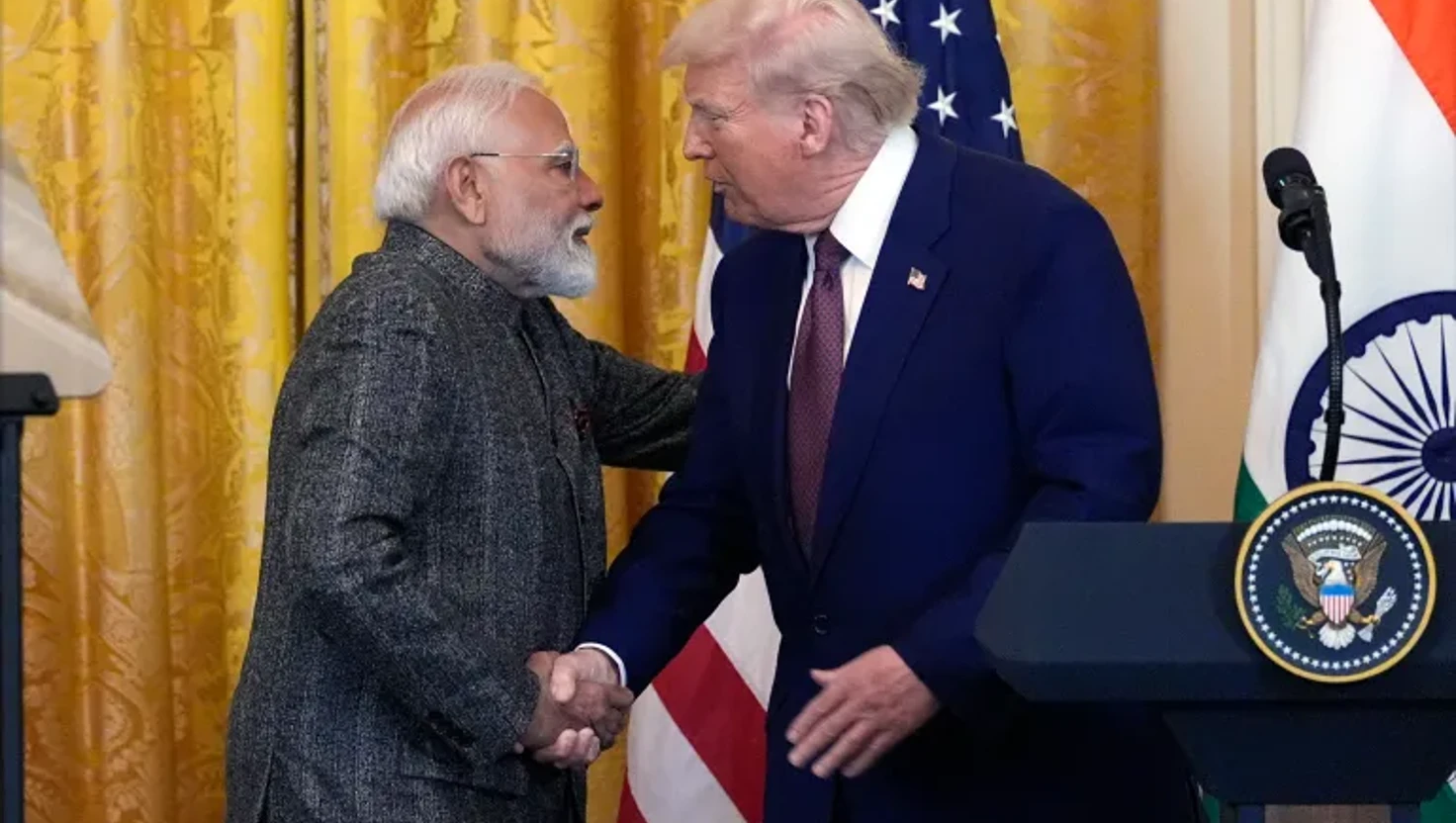
Trump Slams India, Calls Trade Relationship a 'One-sided Disaster'
U.S. President Donald Trump describes trade ties with India as unbalanced, claiming New Delhi offered to reduce tariffs on American goods to zero.
| 2025-09-02
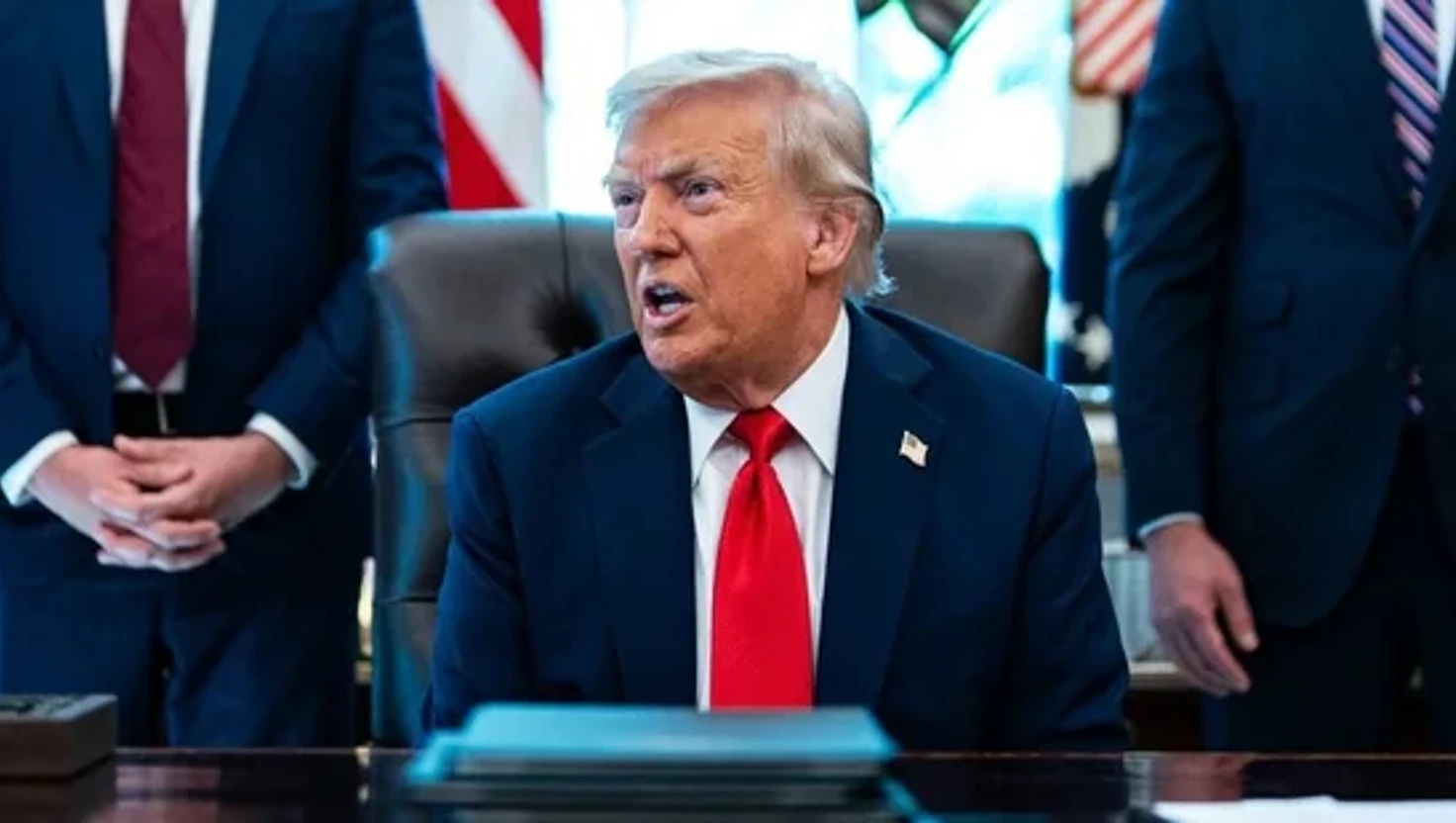
US would be "completely destroyed", military power will be "obliterated", warns Trump against court's decision on tariffs
After a court ruling invalidated many tariffs, US President Donald Trump has fervently defended his trade policies, warning of dire consequences without them.
| 2025-09-01
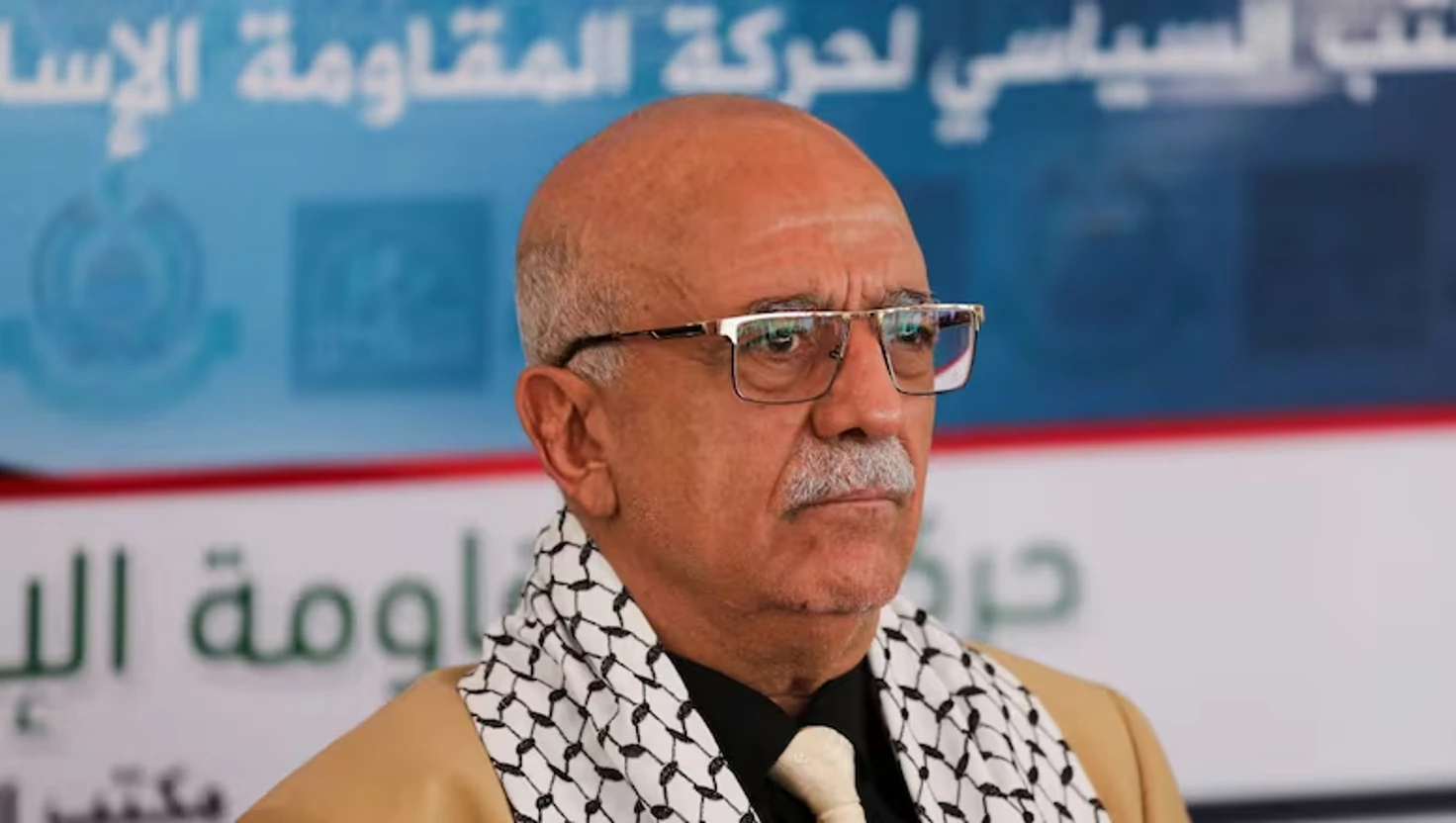
Israeli Strike Kills Houthi Prime Minister in Yemen
The prime minister of Yemen's Houthi government has been killed in an Israeli airstrike, escalating tensions in the region significantly.
| 2025-08-31
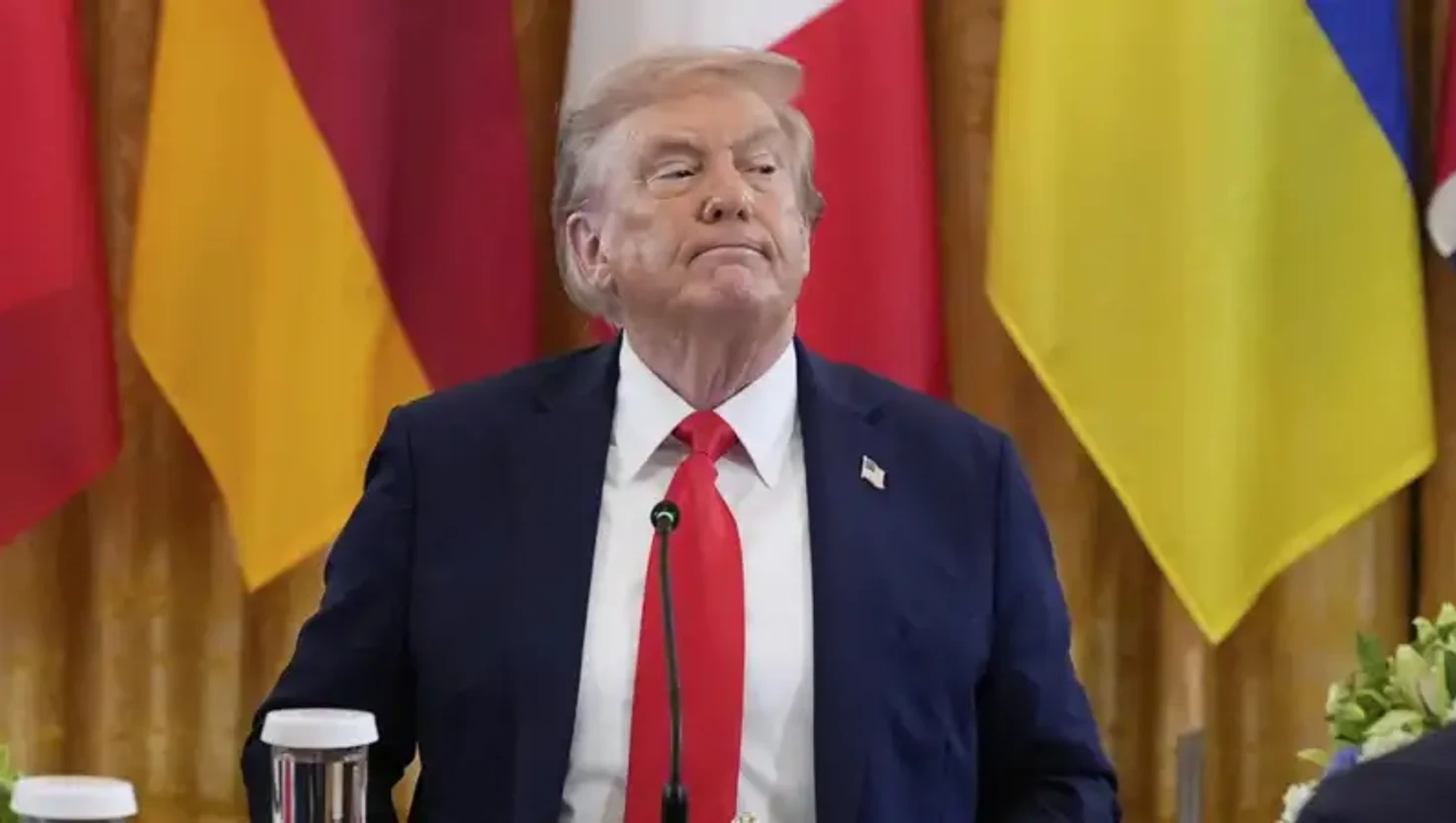
Federal Court strikes down most US tariffs, saying Trump overstepped authority
A federal appeals court has struck down key tariffs imposed by Trump, citing overreach of presidential authority. The ruling may challenge his trade policy.
| 2025-08-30
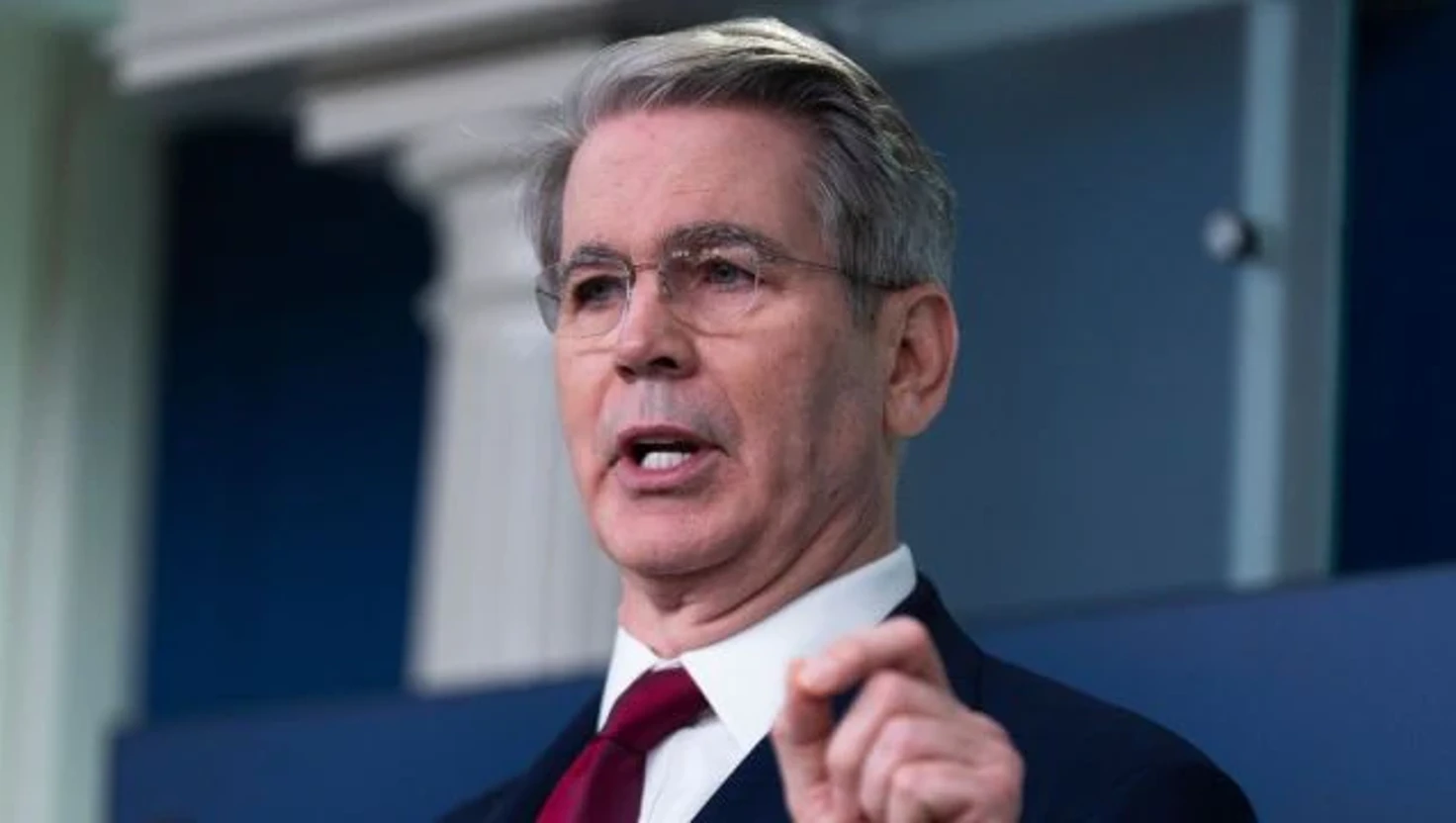
US and India relationship complicated, will eventually reach a trade deal, says Treasury Secretary
Scott Bessent highlights complexities in US-India ties amidst tariff tensions but expresses optimism for future collaboration.
| 2025-08-28




